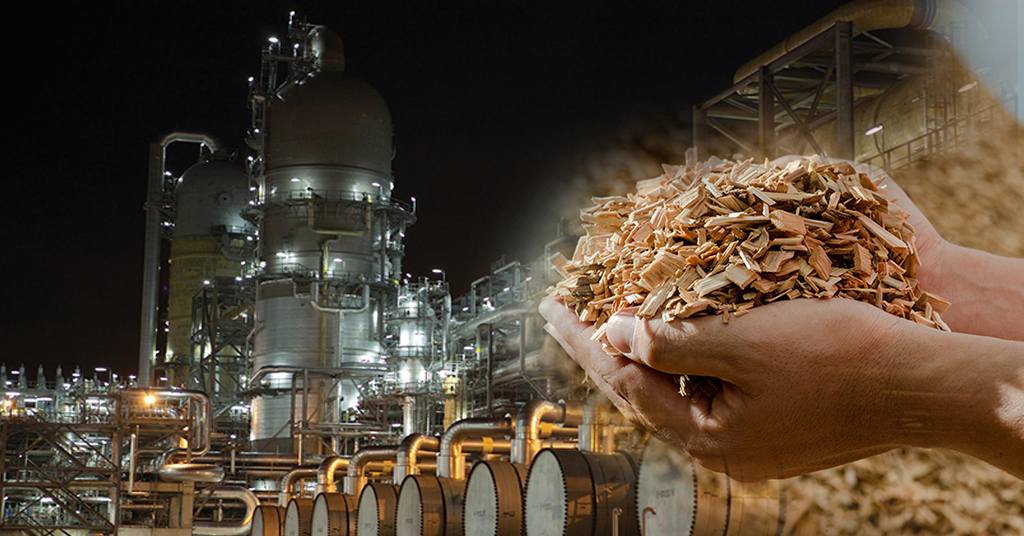Welcome To ChemAnalyst

Rotterdam (The Netherlands): Benzene prices in the European market are on the rise amid increased demand from downstream industries (such as styrene, phenol, and other solvent-consuming sectors) and a continuous increase in the production cost of the commodity in the domestic market. Ongoing geopolitical tensions are impacting trade routes, causing delays and higher freight costs. The importance of Red Sea shipments is growing due to sanctions imposed by Europe and the United States on Russia, leading to a significant uptick in crude oil transportation costs, subsequently raising Benzene production expenses. Prolonged disruptions could force vessels to take longer routes, increasing tonnage requirements and Benzene consumption. The EU's prohibitions on Russian crude and refined products are altering global trade patterns, though Russian exports remain resilient. Freight markets are adapting to 'shadow fleets' to circumvent EU price restrictions. The recent drought in Central America is adding to challenges by restricting Panama Canal transit volumes, further complicating the Benzene production and shipping scenario.
Global oil demand has peaked, surpassing 2019 levels, although jet fuel recovery lags behind pre-pandemic levels. Elevated oil prices in 2022 and resilient Russian flows prompted non-OPEC supply growth, leading OPEC+ to curtail production in 2023 for market balance. The final prices of Benzene, with observed quotations at USD 910 per MT, HOB Hamburg, for the week ending January 12th, show an incline of 4.6% from the first week of January.
Amid high total Benzene demand, refinery capacity additions have outpaced it, driven partly by robust Russian product exports, resulting in lower refining margins. OPEC+'s actions have not only tightened the sour crude market by narrowing light/heavy differentials but also shifted refinery production from middle distillates to gasoline and naphtha. Despite subdued Benzene manufacturing activity and limited growth in diesel/gas oil demand, refining continues to be distillate-led due to supply tightness.
The EU faces economic and energy supply risks due to trade disruptions in the Red Sea. Government involvement in determining final electricity prices is a focal point in industrial policy discussions. Discrepancies in taxes and tariffs lead to varying consumer prices within the Benzene market.
Simultaneously, Europe's energy transition relies on increased electrification and a higher share of renewable energy in the electricity mix, emphasizing the significance of government-set electricity taxes. The energy crisis has highlighted this issue, as surging electricity prices pose challenges for European Benzene and its downstream industries, forcing them to contend with higher and more volatile costs compared to their global counterparts. In response, governments have allocated billions of euros in subsidies to mitigate price increases. According to ChemAnalyst, Benzene prices are anticipated to continue rising in the coming weeks due to elevated demand and the conflict raising the production cost of Benzene in the domestic market.
We use cookies to deliver the best possible experience on our website. To learn more, visit our Privacy Policy. By continuing to use this site or by closing this box, you consent to our use of cookies. More info.
